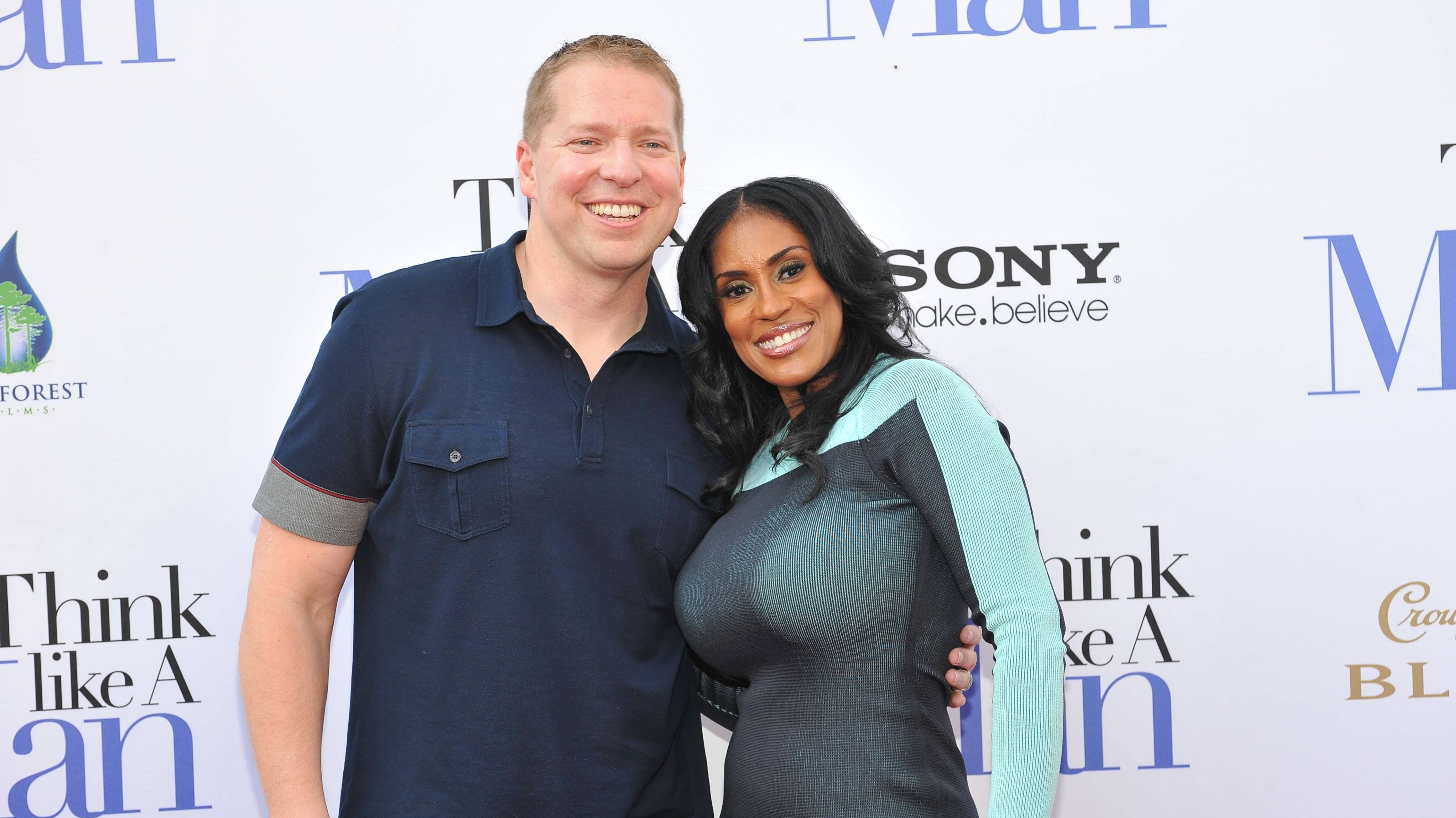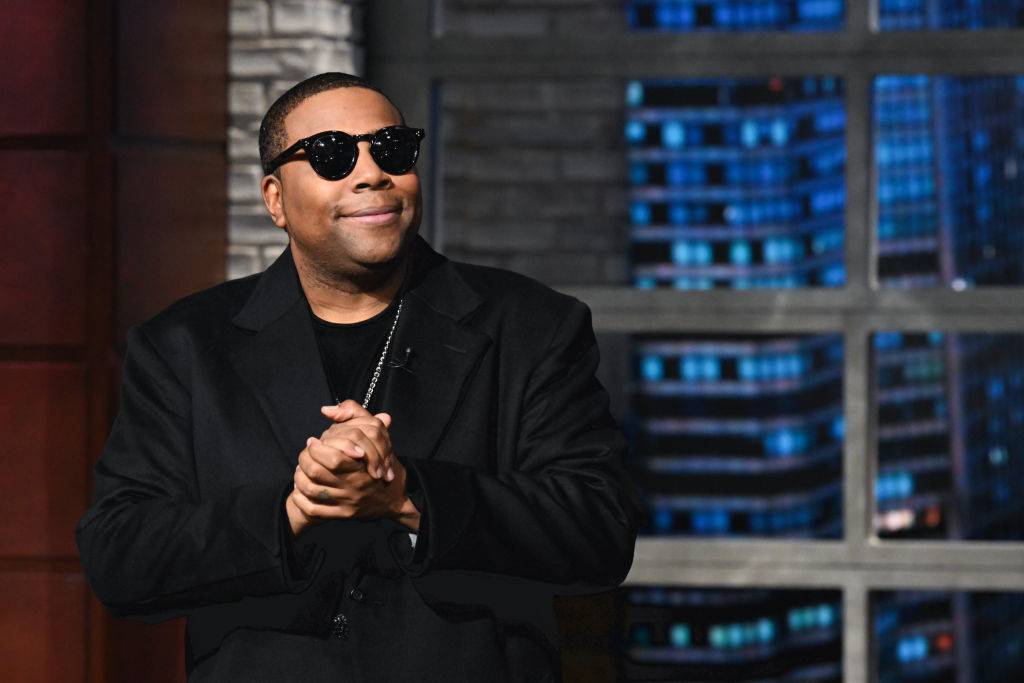Commentary: Voting Doesn’t Need to Be This Hard

More than 200 years ago this week, a letter was written to one of our Founding Fathers from his wife urging him to “remember the ladies.” It’s doubtful Abigail Adams knew at the time that we’d still be working to meet that promise two centuries later, but what she did know was that our country would be stronger with all voices at the table. That’s the same promise Democrats stand for today—that increased participation is good for our democracy.
But as we read headlines from states like Wisconsin, Ohio and Florida, it’s clear that value of inclusion and participation doesn’t extend to the other side. As The New York Times reported this week, Republicans continue to work doggedly to make it more difficult to cast a ballot.
In Wisconsin, Gov. Scott Walker has decreased early voting hours and has pushed a strict voter ID requirement. In Ohio, Gov. John Kasich signed into law a bill that ends the state’s “Golden Week” period, where Ohioans can both register and vote in-person at the same time. In Florida, Gov. Rick Scott has tried to systematically purge names from the voter rolls. And in Iowa, the Republican secretary of state spent $150,000 in taxpayer money to investigate voter fraud with little to show for it.
Republicans have made the cynical calculation that less participation means better electoral outcomes for their party. These efforts don’t just hurt one region or one demographic group, but they do disproportionately impact groups that typically vote for Democrats—African-Americans, Latinos, working people, young people and, yes, women. After losing the presidency in part because of a massive gender gap, it’s clear Republicans have given up on the idea of reaching out to women or moderating their positions that are so far outside the mainstream. Their new plan is to just make it more difficult for women’s voices to be heard.
Republicans will say these measures don’t impact the voting experience—but tell that to Judge Sandra Watts of Texas, who attempted to vote in her own courthouse with the same form of identification she’s used for more than half a century, only to be told it wasn’t enough and she’d have to sign an affidavit affirming her identity before casting a ballot. While Judge Watts knew how to ensure her vote was counted, could we say the same for women rushing to vote between work and picking up a child from day care, or during their lunch hour?
For women who have been married or divorced and changed their name in the process, their name on the voter rolls may not match the one on their form of identification. And the Brennan Center found that more than half of all female voters don’t have easy access to their birth certificates, which can be required in order to get an updated government ID.
It does not need to be this hard.
There’s yet to be anyone who can explain to me why cutting early voting hours creates a better democratic outcome. Or why limiting the type of identification you can show to vote makes our country stronger. Or why eliminating same-day registration would increase the integrity of our elections.
For Democrats, it’s no longer enough to just fight these restrictive bills. We are going on offense. We are committed to making sure voters have all the information they need to navigate these hurdles and to pursue legislation that will make the experience easier, not harder. In states like Massachusetts, Minnesota and my home state of Maryland, Democrats are setting an example by shepherding legislation that increases participation—like same-day registration, online registration and expanded opportunities for absentee and early voting.
As women—especially African-American women—it’s never been more important to make sure our voices are heard. We know there are those who would deny women equal pay for equal work, those who would cut funding for our children’s education and those who would restrict women’s access to full health care.
Throughout our history, no barriers have been too great to stop women from standing up and speaking out. But after years of fighting for the right to vote for all Americans, including women, I certainly hope we can continue toward the promise of a more inclusive future. Our country will be better for it.
Stephanie Rawlings-Blake, a Democrat, is the 49th and current mayor of Baltimore. She is the second woman to hold the office and was previously the president of the Baltimore City Council. She is the secretary of the Democratic National Committee and was the second vice president of the U.S. Conference of Mayors in 2013.
The opinions expressed here do not necessarily reflect those of BET Networks.
BET Politics - Your source for the latest news, photos and videos illuminating key issues and personalities in African-American political life, plus commentary from some of our liveliest voices. Click here to subscribe to our newsletter.
Get ready for the BET Experience, featuring Mary J. Blige, Maxwell, Jill Scott, A$AP Rocky, Rick Ross and many more. Click here for more details and info on how to purchase tickets.
(Photo: Mario Tama/Getty Images)





